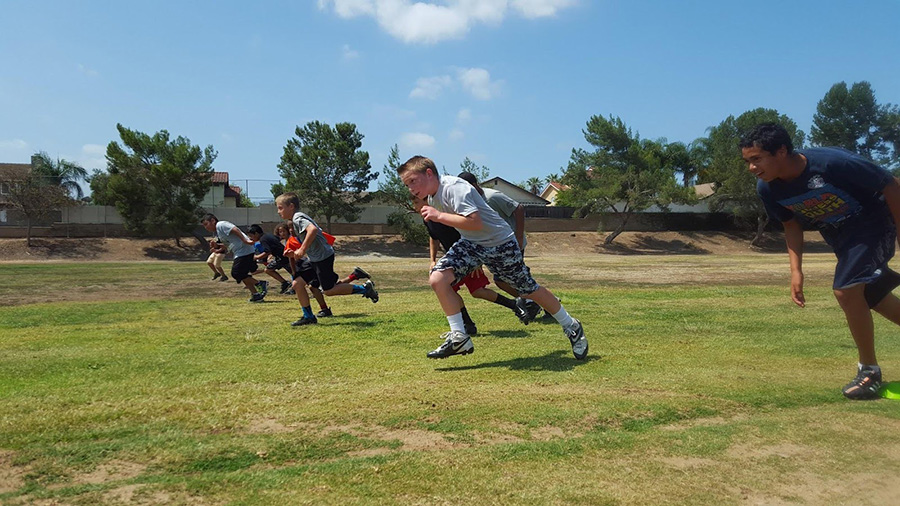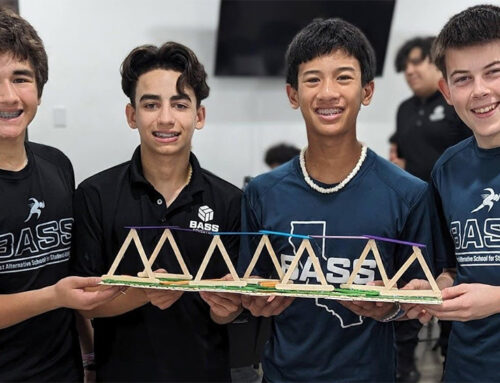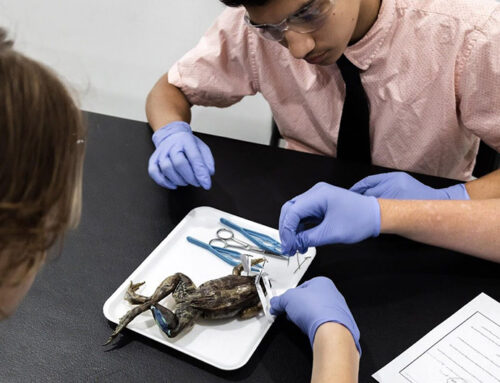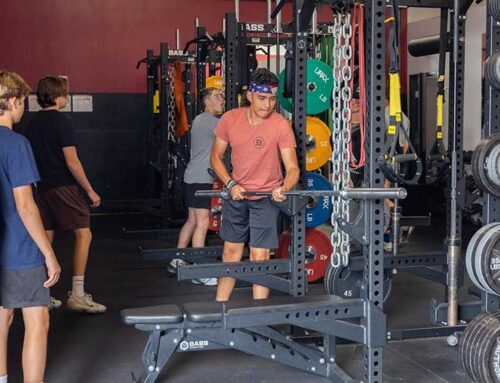In the world of youth sports, parents often involve their kids in multiple sports throughout the year. It makes sense, sports can serve as an outlet for kids to build key life skills, stay healthy, and build a positive relationship with physical activity. While participation in a variety of sports can be beneficial in terms of developing a wide range of physical skills, more and more experts are advocating for young athletes to focus on one sport per season. Specializing in one sport at a time allows for deeper skill development, prevents burnout, reduces the risk of injury, and promotes a more balanced life both on and off the field.
Skill Development and Mastery
One of the most significant advantages of focusing on a single sport per season is the opportunity for athletes to deepen their skills in the sport they are focusing on, and as overall athletes. Sports like soccer, basketball, or tennis require specific technical abilities, tactical understanding, mental discipline, and movement mechanics. By dedicating an entire season to one sport, young athletes can immerse themselves in the training and competition required to hone these specific skills.
This focus allows athletes to concentrate on mastering the nuances of their sport, leading to more consistent performance improvements. For example, an athlete who trains and competes in baseball year round while competing in other sports may see more skill development in hitting and throwing, but could fall behind in other key qualities that other sports provide such as agility and change of direction seen in sports like basketball and soccer. Key components of a well rounded athlete that require time and repetition. Focusing on one sport at a time offers the best environment for athletes to push beyond basic competence toward true athletic proficiency.
Reducing Risk of Overuse Injuries
One of the most pressing issues young athletes face today is the rising number of overuse injuries. These injuries, such as stress fractures, tendinitis, and growth plate damage, often result from repetitive motion without adequate rest or variation. When athletes focus on one sport for an extended period without any breaks or sport variation, they are more likely to sustain injuries caused by repetitive stress on the same muscles, joints, and ligaments.
By focusing on one sport per season, athletes are naturally giving their bodies a break from the repetitive actions associated with other sports. For instance, a young baseball pitcher who throws hundreds of pitches year-round is at a much higher risk of developing shoulder or elbow injuries than an athlete who only pitches during baseball season. By switching sports with each season, athletes engage different muscle groups and movement patterns, which promotes overall physical health and reduces the risk of overuse injuries.
Avoiding Burnout
Burnout is a significant issue among youth athletes who are pressured to train and compete constantly. Playing multiple sports simultaneously, or committing to a single sport year-round, can leave young athletes mentally exhausted. The pressure to perform at a high level without sufficient rest leads to a loss of passion and enjoyment, and the young athlete may ultimately quit their sport altogether.
Focusing on one sport per season can help athletes avoid burnout by giving them a natural mental and physical reset between seasons. A young athlete who plays soccer in the fall, basketball in the winter, and track in the spring will return to each sport with renewed energy and enthusiasm. This cycle helps to keep their love for the game alive, as they don’t feel the constant weight of competition or training for a single sport all year long.
Better Student-Athlete Balance
Focusing on one sport per season also promotes a healthier student-athlete balance for young people. The intense schedules that come with year-round sports can interfere with academics, family time, and social activities, creating an imbalanced lifestyle. With one sport per season, athletes have more time to focus on schoolwork and engage in non-sport activities that contribute to their overall development.
Additionally, playing multiple sports in a year can provide athletes with a broader social experience. Each sport comes with a unique team dynamic, different coaches, and opportunities to build relationships with new teammates. This exposure to diverse environments and people helps build well-rounded, adaptable athletes.
Long-Term Athletic Development
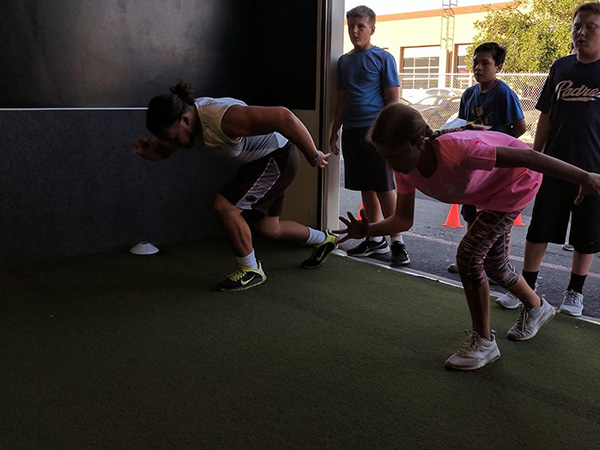
For young athletes aspiring to play at the collegiate or professional levels, the idea of specializing in one sport from an early age can seem appealing. However, focusing on one sport per season helps lay the foundation for long-term athletic development. Engaging in a variety of sports allows athletes to develop different motor skills, enhance overall athleticism, and prevent the physical and mental stagnation that can come from early specialization.
In the long run, athletes who build diverse physical and mental skills across multiple sports are often more versatile and adaptable. They may have quicker reaction times, better coordination, and more mental flexibility when they eventually choose to specialize in one sport at an older age. College recruiters and coaches often look for athletes with this broad base of skills, making seasonal specialization an important part of long-term athletic success.
To sum it up, focusing on one sport per season offers young athletes a balanced approach to sports participation, providing them with opportunities for skill development, injury prevention, mental refreshment, and long-term success. It allows them to enjoy their sport without overwhelming themselves physically and mentally, ultimately fostering a lifelong love of athletics. By embracing this approach, athletes can grow and excel both on and off the field, ensuring a healthier, more fulfilling sporting journey.-Boostman
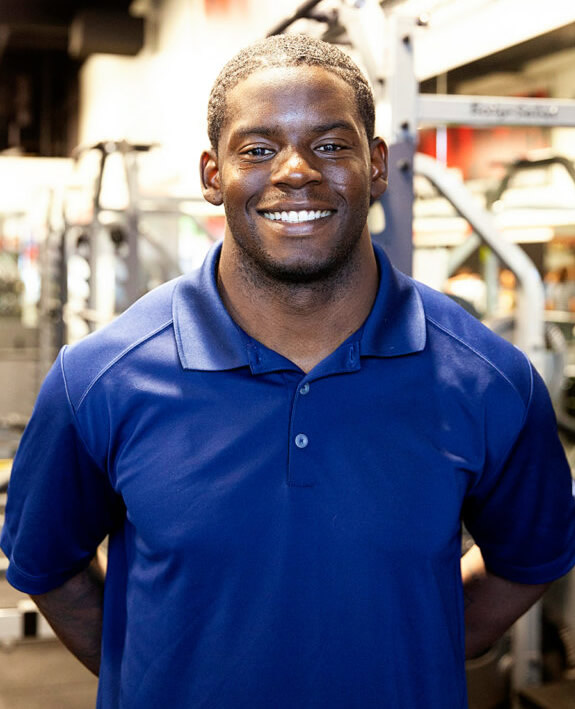
Owner, Boost Training Systems in Corona, CA
Level 1 & 2 Coach Bommarito Performance
CSCS, USAW

